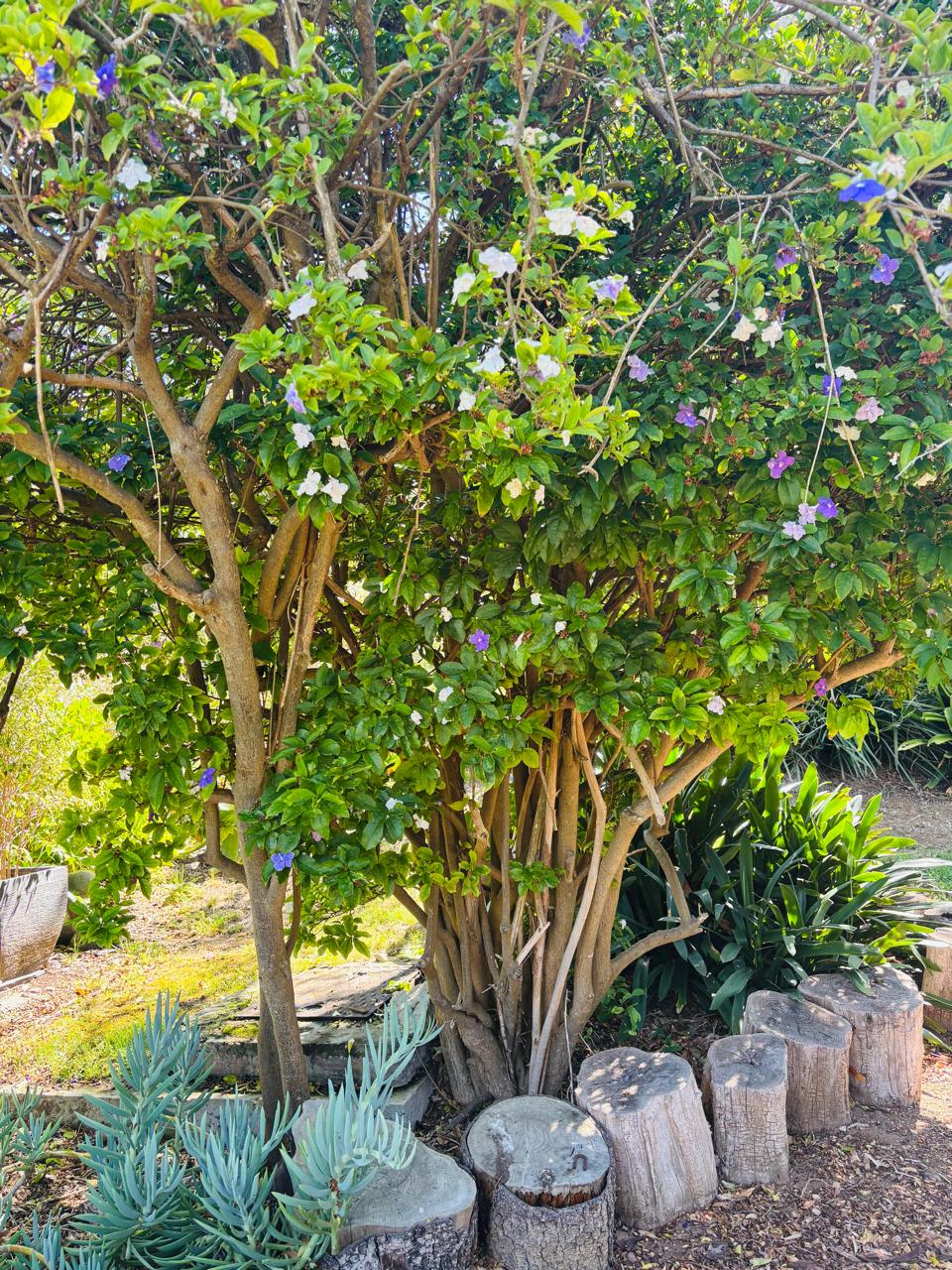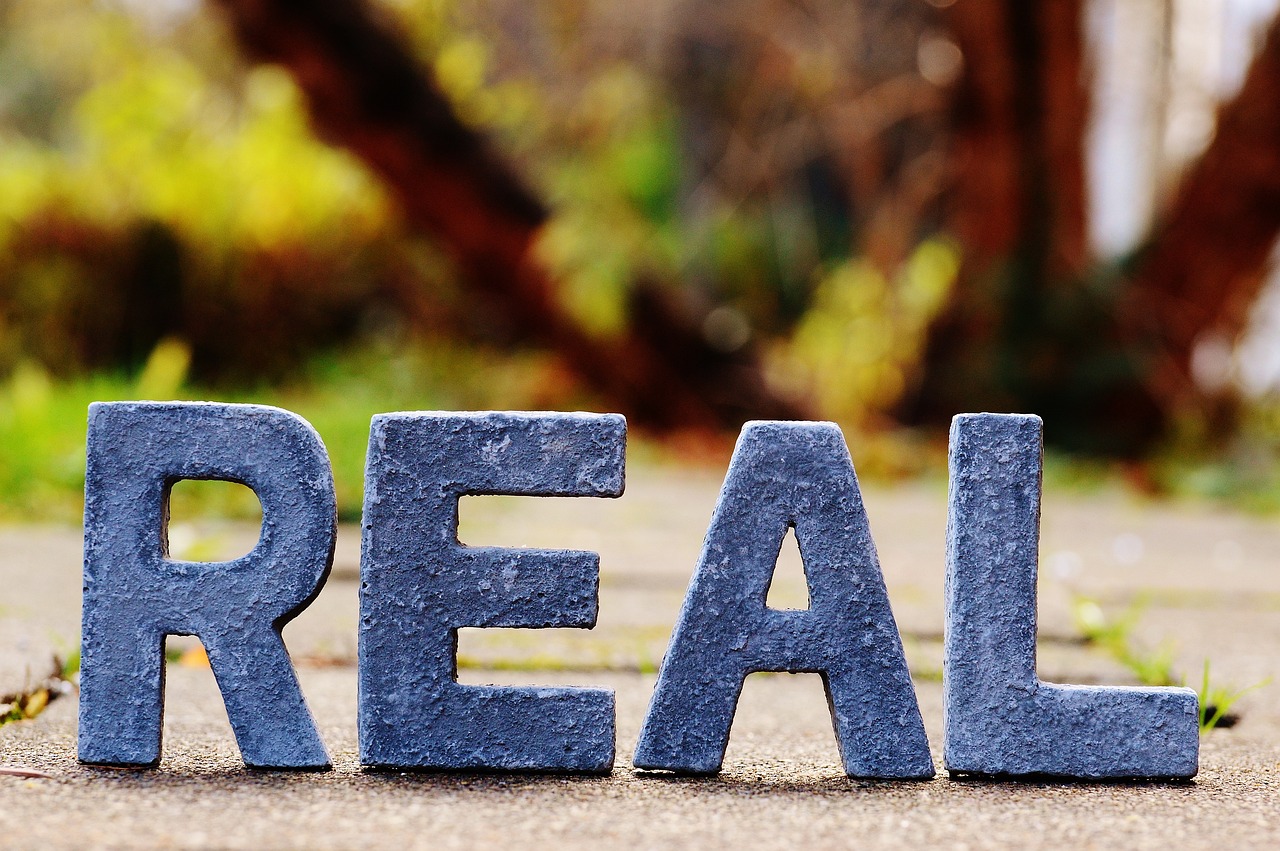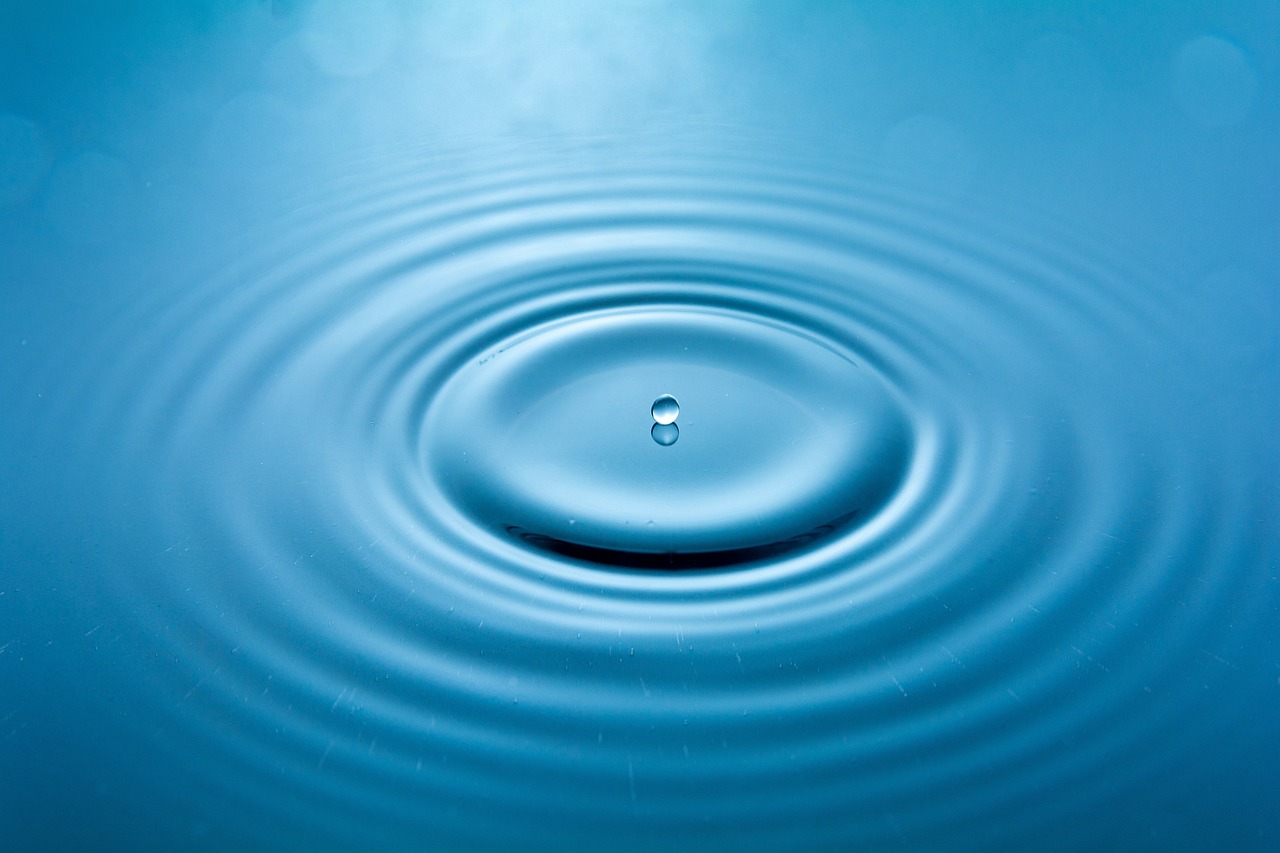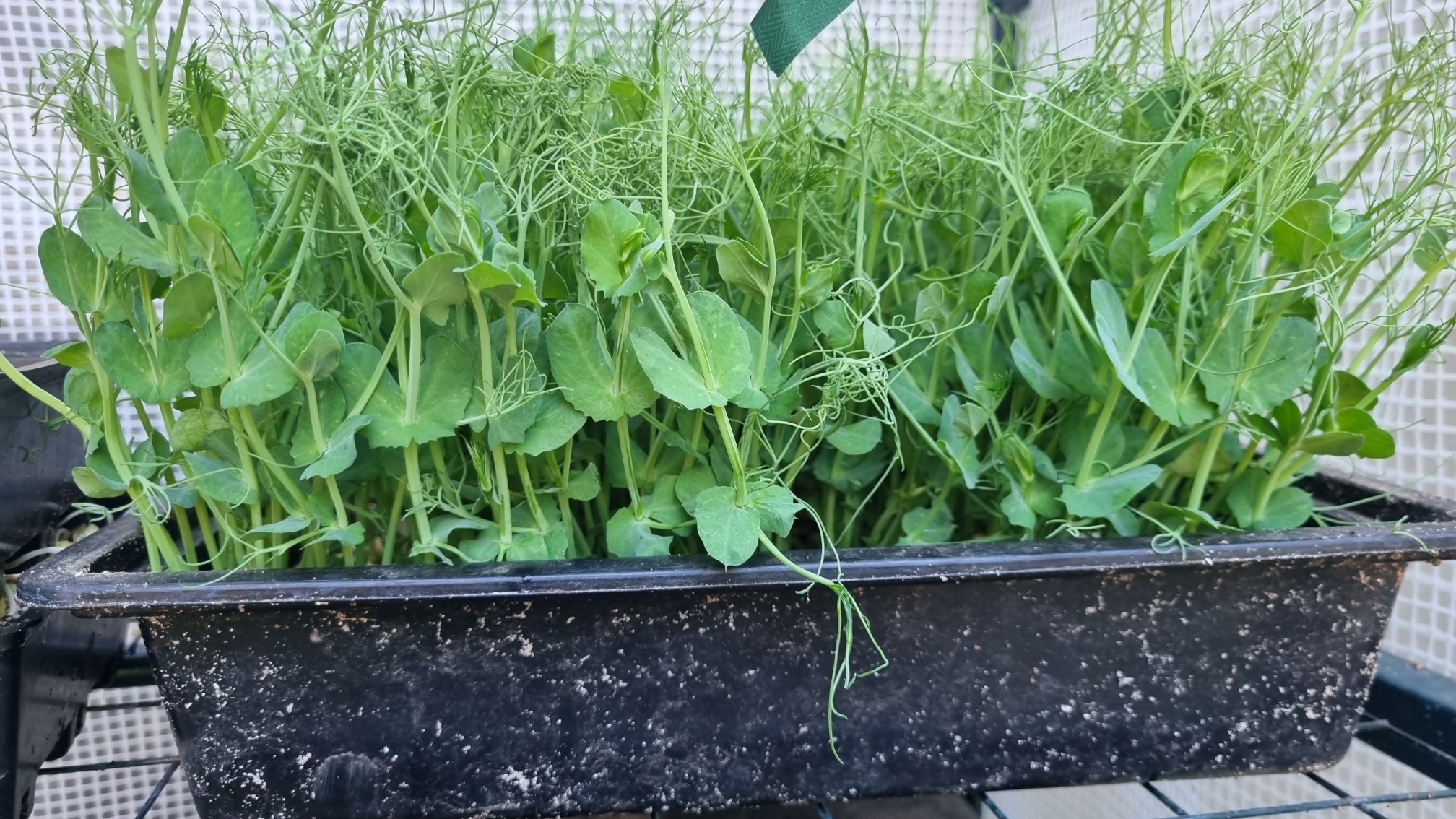In today’s fast-paced world, the concept of green living and sustainability has become increasingly important. As we strive to lead healthier, more environmentally conscious lives, integrating Hippocrates wellness principles into our daily routines can offer a holistic approach to sustainable living. In this blog, we’ll explore how you can incorporate elements such as growing your own sprouts, zero waste practices, non-toxic cleaning products, decluttered spaces, and non-toxic cosmetics into your lifestyle.
The Hippocrates Wellness Lifestyle and Sustainability
Hippocrates, often regarded as the father of modern medicine, emphasized the importance of treating the whole person – mind, body, and spirit – for optimal health. The principles of Hippocrates wellness align closely with the concept of sustainable living, focusing on nurturing the body, minimizing environmental impact, and promoting overall well-being.
Growing Your Own Sprouts
One of the simplest and most sustainable ways to enhance your diet is by growing your own sprouts. Sprouts are rich in nutrients, require minimal space and resources, and can be cultivated year-round. By embracing sprout cultivation, you not only contribute to your own health but also reduce the carbon footprint associated with transporting produce from afar.
Zero Waste Practices
Adopting zero waste practices is another fundamental aspect of sustainable living. This involves minimizing single-use plastics, composting organic waste, and choosing products with minimal packaging. By following the principles of zero waste, you can significantly reduce your environmental impact and contribute to a healthier planet for future generations.
Non-Toxic Cleaning Products and Decluttered Spaces
Traditional cleaning products often contain harmful chemicals that can negatively impact both our health and the environment. By transitioning to non-toxic cleaning products and decluttering your living spaces, you create a healthier indoor environment while reducing the overall consumption of harmful chemicals. Embracing simplicity, minimalism, and the creation of a beautiful and warm space in your living areas not only supports sustainability but also promotes a sense of calm and well-being.
In conclusion, integrating elements of green living and sustainability into your daily life through the lens of Hippocrates wellness principles can lead to a more holistic and fulfilling lifestyle. By growing your own sprouts, embracing zero waste practices, opting for non-toxic cleaning products and cosmetics, and maintaining decluttered spaces, you contribute to both personal well-being and the greater good of the planet. Remember, small changes can have a significant impact, and by aligning with these principles, you pave the way for a more sustainable and harmonious future.
Here are some tips for beginning of the year clean up:
- Assess and Sort Items:
- Start by assessing the items in your living space and categorizing them into things you want to keep, donate, recycle, or discard. This step helps you identify items that can be repurposed or recycled, reducing unnecessary waste.
- Donate or Sell Unwanted Items:
- Instead of throwing away items in good condition, consider donating them to local charities or selling them through online platforms. This extends the life cycle of the items and reduces the amount of waste sent to landfills.
- Eco-Friendly Storage Solutions:
- Invest in sustainable and eco-friendly storage solutions such as bamboo storage bins, recycled plastic organizers, or repurposed wooden crates. Opt for containers made from natural materials to minimize the environmental impact.
- Upcycle and Repurpose:
- Get creative with items you no longer need. Upcycle old furniture, repurpose glass jars for storage, or turn fabric scraps into reusable cleaning cloths. Repurposing items reduces the demand for new products and minimizes waste.
- Mindful Purchasing:
- After decluttering, adopt a mindful approach to purchasing new items. Choose durable, high-quality products with minimal packaging and opt for multi-functional items to reduce the need for excessive consumption.
- Electronic Waste Recycling:
- If decluttering involves old electronics, ensure to recycle them responsibly. Many communities have e-waste recycling programs that allow you to dispose of electronic items in an environmentally friendly manner.
- Conscious Disposal:
- For items that cannot be repurposed or recycled, dispose of them responsibly. Research local recycling centers or hazardous waste disposal facilities to ensure items are handled in an environmentally safe manner.
- Natural Cleaning Products: When decluttering, use natural and non-toxic cleaning products to maintain a healthy indoor environment. This minimizes the release of harmful chemicals into the environment and reduces your exposure to toxins. I am using at home eco-friendly and non-toxic cleaning products from Mother’s Love. My favorite are: Multipurpose Cleaner, Glass Cleaner, and Floor Cleaner, to maintain a clean and sustainable living space [1]. I love to support local women entrepreneurs like Ina, the creator of Mother’s Love Natural Products, by incorporating her eco-friendly and effective cleaning products into your sustainable living practices.
- Minimalist Mindset:
- Embrace a minimalist mindset by focusing on owning only what you truly need and love. I am learning to do this and even if I manage, the whole family is still in the learning process. We all have some things that we hold on to and eventhough we are not using them anymore, it is hard to let go.
- Composting Organic Waste:
- If applicable, consider composting organic waste from decluttering, such as food scraps and biodegradable materials. Composting reduces the amount of waste sent to landfills and creates nutrient-rich soil for gardening. In my parents home we used a simple dedicated space with wood for compost, nowadays we use a two fold drum that is efficient and practical, however longterm the traditional wooden one was more eco friendly.
To conclude, I would invite you to approach this process in a gentle way, slowly with playfulness and with what is an improvement for you from where you were before. You don’t need to do all at once. Throw and give away too much. Do it slowly and mindfully. And if you need some support on this that’s what Hippocrates lifestyle mentorship is about.





